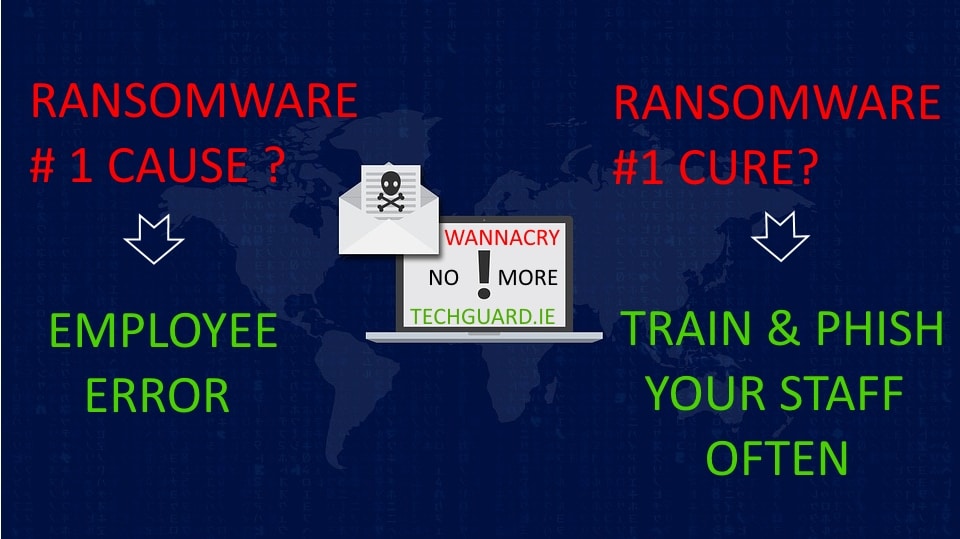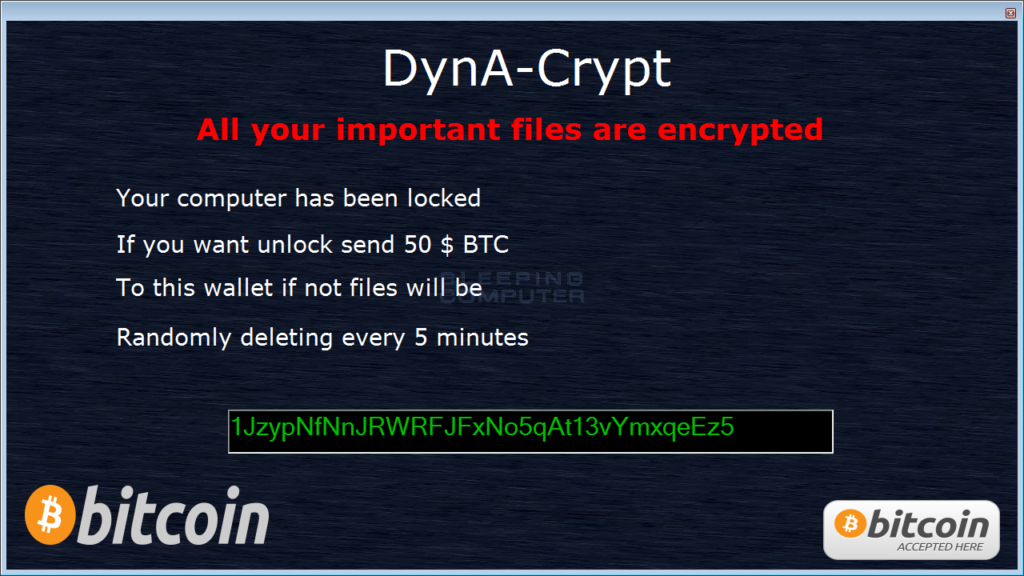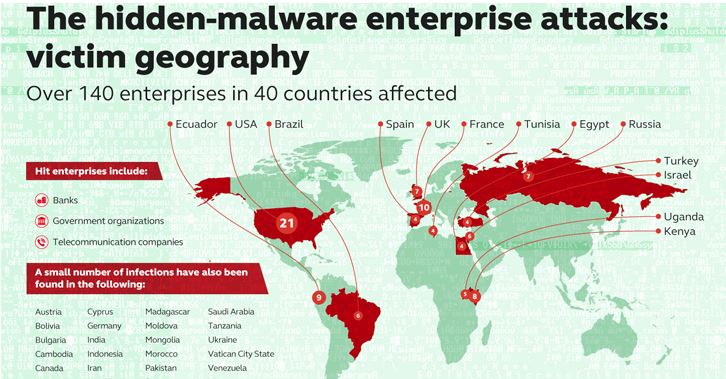By now, many of you that have not been under a rock for the last couple of weeks have heard about the worldwide ransomware cyber-attack WannaCry Decrypt0r that began in earnest on Friday 12th May 2017. The new ransomware caused major disruption to the IT systems of 40 National Health System hospitals across the UK (resulting in most non-emergency operations being suspended). Not only that, but it also caused disruption to an additional 200,000 victims, distributed over at least 150 countries (including several banks, Renault, Nissan, FedEx Corp, Telefonica, German Railways and even the Russian Interior ministry).
How Did This Happen?
Global reports from cyber security experts confirm that this ransomware gets onto a network through an unsuspecting user clicking on a link or attachment in a spam email.
The last few years and countless data breaches have shown that human error (due to a lack of security awareness training) from phishing and social engineering is the number 1 cause of cyber-attacks, ransomware and data breaches worldwide. Unfortunately, many companies including hospitals who have not invested in security awareness training and ongoing testing of their staff with simulated fake emails (to keep them savvy to the latest scams) will continue to be the most vulnerable to this and future similar style cyber- attacks.



